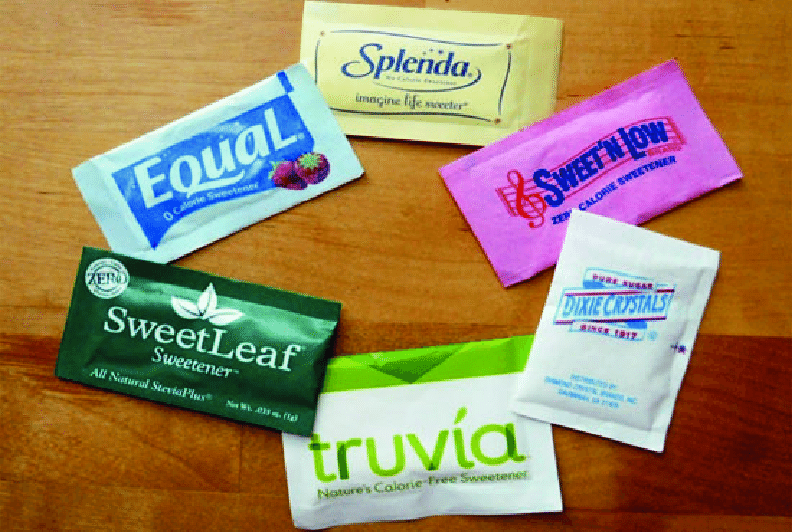Recent developments have brought the “sugar-free paradox” into the spotlight, raising concerns about the health implications of artificial sweeteners. Multiple studies have explored the links between various sugar substitutes and potential risks to cardiovascular health and anxiety, prompting a reevaluation of whether these alternatives offer a genuinely healthy means of cutting calories or if they pose unexpected dangers.
One significant study stands out, indicating an increased three-year risk of significant heart conditions associated with one particular sugar alternative—erythritol. This multi-part study initially observed a connection between high erythritol levels and heightened cardiovascular risk in patients undergoing cardiac assessment. This association was then replicated in two different populations in separate regions. Additionally, the study revealed that the addition of erythritol to whole blood or platelets triggered clot activation. In a separate experiment, ingestion of an erythritol-sweetened drink equivalent to the contents of a single beverage can or pint of keto ice cream led to substantial and sustained increases in plasma erythritol levels in healthy volunteers. While some argue that erythritol can be produced within the human body and is typically consumed in low quantities, data from the 2013-2014 National Health and Nutrition Examination Survey suggest that daily intake can reach 30 grams in some individuals, further emphasizing the potential risks.
This is not the first instance where an artificial sweetener has been linked to cardiovascular disease. A large-scale study involving French adults reported a 9% increased risk of cardiovascular or cerebrovascular events associated with total artificial sweetener intake from various sources, such as aspartame, acesulfame potassium, and sucralose. This risk included conditions like myocardial infarction, acute coronary syndrome, angioplasty, angina, stroke, or transient ischemic attack. Aspartame intake was particularly associated with an elevated risk of cerebrovascular events, while acesulfame potassium and sucralose were linked to an increased risk of coronary heart disease.
Furthermore, recent research involving mice associated aspartame with an increased risk of anxiety. Mice exposed to aspartame exhibited pronounced anxiety-like behaviors in maze tests at doses much lower than the maximum daily human intake recommended by the U.S. Food and Drug Administration. These mice also displayed changes in gene expression related to the amygdala, a brain region responsible for regulating anxiety and fear. Interestingly, the administration of diazepam, a medication used to treat generalized anxiety disorder, alleviated the anxiety behavior in the mice.
These findings present a dilemma for healthcare professionals. While the potential harms of sugar substitutes remain largely theoretical, the well-documented adverse effects of excessive sugar consumption, such as colorectal cancer, inflammatory bowel disease, and nonalcoholic fatty liver disease, are undeniable. Some experts suggest that moderation is the key, advocating for the avoidance of both excessive sugar and artificial sweeteners. They emphasize tried-and-true recommendations, such as increasing water intake and reducing the consumption of processed beverages, as a sound strategy for promoting better health.
In conclusion, the evolving understanding of the health implications of artificial sweeteners has left clinicians with a challenging decision to make. The best course of action may be to encourage moderation in all aspects of dietary choices, striking a balance between avoiding the risks associated with excess sugar and the potential uncertainties of artificial sweeteners. Despite the ongoing debate, the public’s continued interest in exploring the evidence surrounding sugar alternatives underscores the importance of further research and awareness in this field.






